1 in 2 men and 1 in 3 women are going to get diagnosed with some form of cancer within their lifetime.1 Imagine walking into a traditional doctor’s office. Although you are not diagnosed with cancer, you are worried about the possibility of getting cancer. Maybe your mother had cancer and you want to be proactive about cancer detection. Maybe you are overweight and have diabetes, which increases your risk of cancer. However, your doctor can only tell you to wait because even if you do have cancer, it has to be visible with current imaging techniques, such as MRIs, to be able to treat it with traditional medicine.
What if there was a simple blood test that can give you an extremely early diagnosis for cancer?
ONCOblot test is a simple, noninvasive, and accurate cancer testing method that can confirm the presence and origin of that cancer. Surface cells on cancers from different tissues produce ENOX2 (Ecto‐Nicotinamide Dinucleotide Oxidase Disulfide‐Thiol Exchanger) proteins with varying forms, which circulates in the blood. ENOX2 proteins are produced starting in early cancer development, only if the cells are malignant.2
ONCOblot allows detection of over 25 different types of cancers
(including breast, pancreatic, colorectal, lung, skin, and prostate cancer; see http://oncoblotlabs.com/ for a complete list), and test results yield which type of tissue the cancer cells are located at. Most cancers cannot be detected until there are 40 million cancer cells. However, ONCOblot tests can detect stage 0 cancer with as little as 2 million cancer cells (the size of a pinhead), allowing cancer diagnosis tremendously early (as early as 4-10 years before clinical symptoms)3, which can significantly alter prognosis.
ONCOblot is also over 99% accurate on its determination of cancer presence/absence,
and has over 97% accuracy on determining the tissue of origin.
We recommend ONCOblot testing for the following people:
– If you have family history of cancer
– If you are over 50 years old and concerned about cancer
– If you are a smoker, frequent alcohol user, or diabetic (increased risk of cancer)
– If you are obese (increased risk of cancer)
– If you want earlier cancer diagnosis and not “wait for it to become a problem”
– If you want a peace of mind
Phoenix Men’s Health Center now offers ONCOblot tests. ONCOblot tests are not FDA approved yet, so are not covered by health insurance. ONCOblot is currently submitting their FDA approval application to seek insurance coverage in the future. However,
ONCOblot is a legitimate test that has been around for 3 years and proven to detect cancer at stages 0-1.
It’s an easy 5-minute blood draw, and the results come back in 3 weeks. As ONCOblot test is a confirmation of cancer presence/absence (currently a qualitative test), it is important to note that further testing may be needed and a doctor consultation is absolutely necessary to dissect the results.
So what CAN we do if the test comes back positive? Even though traditional medicine may want you to wait until the cancer is “big enough” to be treated, in integrative alternative medicine, we don’t have to wait. Phoenix Men’s Health Center’s providers can make a specialized nutrition and treatment plan that will help you
make proactive dietary/lifestyle changes and supplement treatments to optimize your immune system and possibly minimize cancer growth.
This may include a transition to a ketogenic diet (high in protein and fats), increasing the frequency and intensity of exercise, and adding in key anti-cancer supplements to your daily regime. We are also able to help you monitor the progression of the cancer. The earlier the cancer is detected, the easier it is to combat it. If you are interested in taking the ONCOblog test, please give our office a call at (602) 908-5422 or click here to make an appointment. If you are already diagnosed with cancer, we are also able to manage and treat your symptoms through alternative and integrative medicine. Please make an appointment to see one of our experienced providers.
1. Cancer Facts & Figures 2016, American Cancer Society
2. Hostetler, B., Weston, N., Kim, C., Morre, D., Morre, J. 2009. Cancer Site-Specific Isoforms of ENOX2 (tNOX), A Cancer-Specific Cell Surface Oxidase. Clinical Proteomics. 5(1): 46-51.
3. Morre, J., Hostetler, B., Taggart, D., Morre, D., Musk, A., Robinson, B., Creaney, J. 2016. ENOX2-based early detection (ONCOblot) of asbestos-induced malignant mesothelioma 4–10 years in advance of clinical symptoms. Clinical Proteomics. 13(2)
**This content is for informational purposes only and is not intended as medical advice. Please consult with a healthcare professional before starting any treatment. Individual results may vary based on health conditions and other factors.

